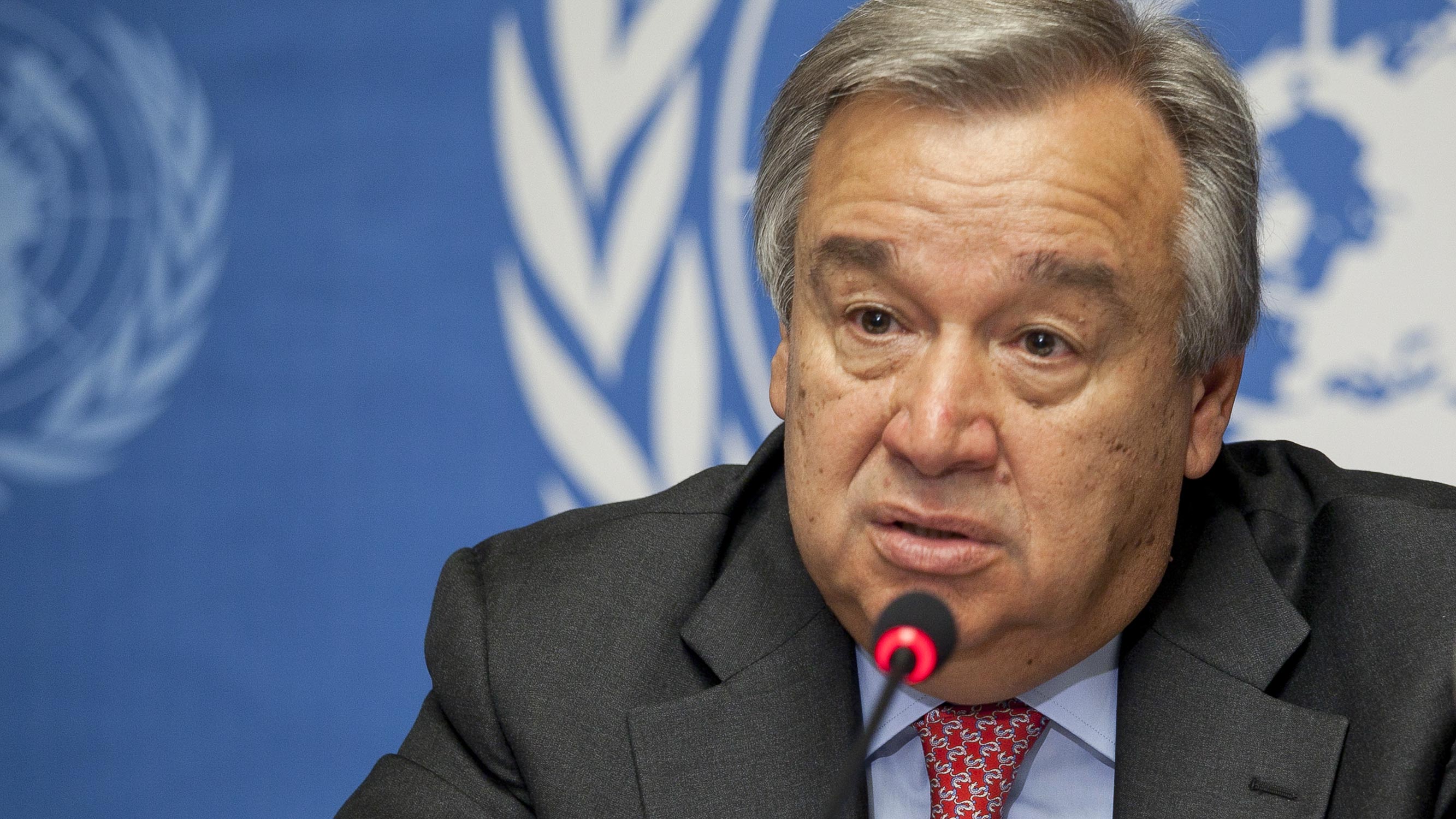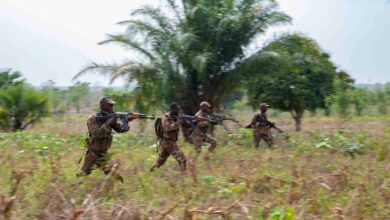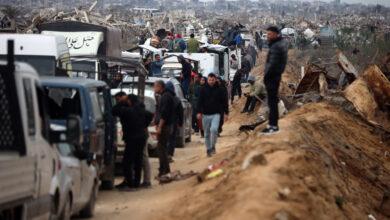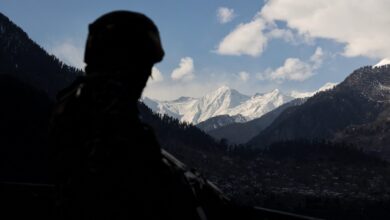United Nations Secretary-General Antonio Guterres on Wednesday, July 10 urged the international community to support West Africa’s fight against violent extremism, saying the region alone could not be expected to contain the insurgency.
A raging Islamist insurgency shows no signs of weakening in the Sahel, where armed groups have gained ground and displaced millions across a large swathe of the troubled region.
Guterres said the problem was spreading beyond the region and the G5 Sahel Joint Force – a regional military effort set up by Mali, Burkina Faso, Niger, Chad and Mauritania to battle the insurgency – needed greater outside backing than it was getting.
“Unfortunately we are seeing that terrorism is progressing,” Guterres told reporters at the opening of the two-day African Regional High-Level Conference on Counter-Terrorism and Prevention of Violent Extremism Conducive to Terrorism in Kenya’s capital Nairobi.
The Nairobi meeting is a regional version of the first ever global conference on terrorism, organised by the United Nations in 2018 in New York.
“It started in Mali, it went to Burkina Faso, Niger and now, when we speak with the presidents of Ghana, Benin, Togo, and Ivory Coast, they say that terrorism is coming to their borders.”
Lack of training, as well as poor equipment, have undermined the G5 Sahel Joint Force initiative.
Despite international pledges of hundreds of millions of dollars in financial support, funds have been slow to arrive, although earlier on Wednesday the European Union announced €138 million in additional funding for the G5 Sahel Joint Force. The bloc had previously given a total of €115.6 million and said in July 2018 that the E.U. would finance the construction of a new headquarters in Mali.
Guterres said it was essential African forces had “the adequate mandate and the adequate financing” to do their job, and called for joint efforts to fight extremism beyond the Sahel.
“I think now it would be important that we are open to support any African initiative involving all the countries of the region, in which the threat that is spreading,” he said.
The presidents of West Africa “believe that we need a much more robust and collective response, that the international community needs to find the mechanisms to fully support it,” Guterres said.
African Union Commission Chairperson Moussa Faki Mahamat expressed “difficulty understanding the international community’s procrastination” in financing security operations on the continent.
“It is an incomprehensible situation, the phenomenon is deepening,” he said.
As in Syria and Iraq “the entire international community must be mobilised to deal with a phenomenon that has the same characteristics,” he said.
“The fight we are fighting, we are fighting for the whole world,” Niger’s President Mahamadou Issoufou said last week. “Because if, one day, the Sahel is occupied by terrorists, Europe will be affected and the whole world will be threatened.”
Funding for the G5 Sahel
The G5 Sahel leaders have repeatedly called for a mandate under Chapter VII of the U.N. Charter – measures which could authorise the use of sanctions or military intervention in situations where peace and security is threatened.
Guterres has long pledged to pursue support for the G5 Sahel Joint Force. The Secretary-General, as well as colonial power France, has lobbied for regular U.N. funding, but the U.S. has pushed back against direct funding, and their request has thus far been denied, something Guterres said he regretted.
Issoufou said that “Niger will use its position as a non-permanent member of the Security Council, from 2020” to push for U.N. funding for the Joint Force.
“Failing that, what we are proposing is that there should be an international coalition of countries to fight terrorism in the Sahel, just as there was a coalition against Daesh in the Middle East,” he said.
Many Security Council members at a May meeting called for “predictable” U.N. funding, but U.S. Deputy Ambassador Jonathan Cohen said bilateral assistance remains the best way to support the Joint Force, and expressed disappointment with calls for funding under Chapter VII.
U.S. President Donald Trump’s administration has taken a harder line on U.N. funding in general, cutting contributions and pushing for cost-saving reforms. It is also seeking to streamline peacekeeping operations to reduce costs and make them more effective.
National Security Advisor John Bolton in December said the U.S. will seek to wind down long-running U.N. peacekeeping missions that do not bring long-term peace.
The U.S. has also resisted new U.N. funding for peacekeeping initiatives led by African organizations.
Late last year, an ambitious push by African countries to secure U.N. financing for future African Union-led peace missions faced strong resistance from the United States. Cohen said it was “premature” to decide on regular U.N. funding for African missions, citing ongoing questions about human rights and troop misconduct, and in December, the U.S. proposed 11 conditions for the financing of future African Union-led peacekeeping operations, pushing the deadline for a decision to December 2019.
Despite almost doubling U.S. assistance to the G5 Sahel member states to almost $111 million, that support to Burkina Faso, Chad, Mali, Mauritania and Niger takes the form of “bilateral security cooperation efforts,” rather than direct funding for the joint force, a U.S. Africa Command spokesperson told The Defense Post in November.
EU pledges €138 million more to support G5 Sahel Joint Force
With reporting from AFP












